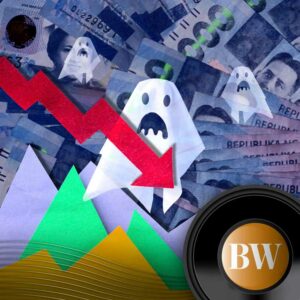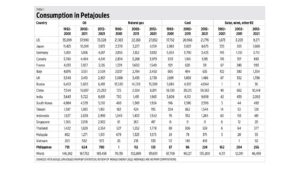[B-SIDE Podcast] Ghost Month and the stock market

Follow us on Spotify BusinessWorld B-Side
Ghost Month, a tradition deeply rooted in Chinese culture, has fascinated financial analysts for years.
In this B-Side episode, Carlos A. Temporal, a senior equity research analyst at Unicapital Securities, Inc., discusses the impact of Ghost Month on the stock market with BusinessWorld reporter Justine Irish DP. Tabile.
This year, Ghost Month, the seventh month in the Chinese lunar calendar, runs from Aug. 16 to Sept. 14.
Ghost Month, which usually falls in the month of August, stems from an ancient Chinese belief that claims the gates of hell open, letting ghosts return to the living world.
“Given that major businesses in the Philippines and most of the index constituents of the Philippine Stock Exchange are owned by Filipino-Chinese businessmen, and considering how superstitious Filipinos are, which is also attributable to the ingrained Chinese culture in the Philippines, Ghost Month has become a widespread phenomenon believed by many local market participants,” said Mr. Temporal.
In the case of the local bourse, he said, the period that Ghost Month covers is seasonally weaker, which is why investors are driven to position themselves ahead of it.
“By positioning, they are liquidating their positions and their stocks ahead of the potential decline in August, so that is how it affects the market,” he noted.
“Given that the belief during Ghost Month is that doing big-ticket things such as investments may cause some bad luck, which could upset spirits visiting our world, this has prompted investors and market participants to delay making investments in the market,” he added.
For this year, he said that although the weeks covered by Ghost Month showed a slowdown, it is not that much different from prior months.
“I won’t really say that what happened in the market is mostly attributable to that phenomenon, but I think it did play its part because we have that low liquidity. But again, the negative macro-conditions are what really drove the sell-off,” he also said.
Follow us on Spotify BusinessWorld B-Side




